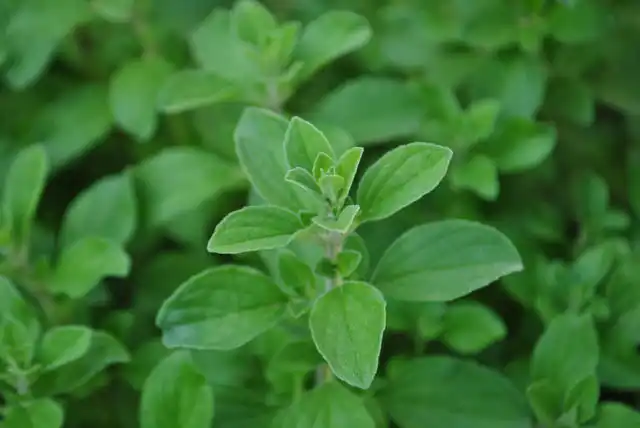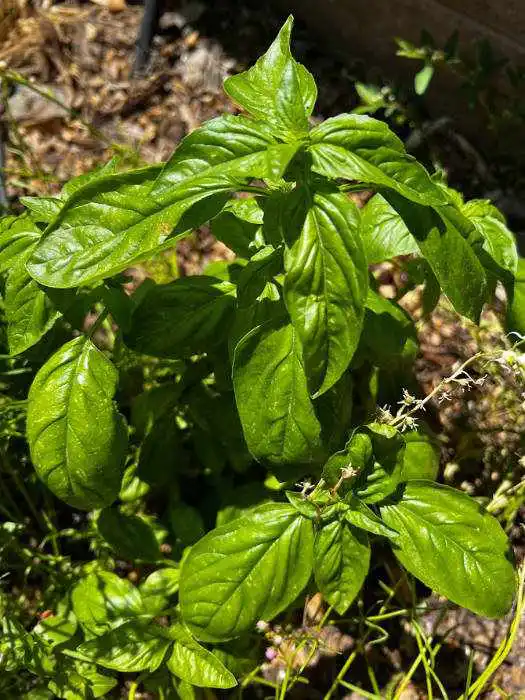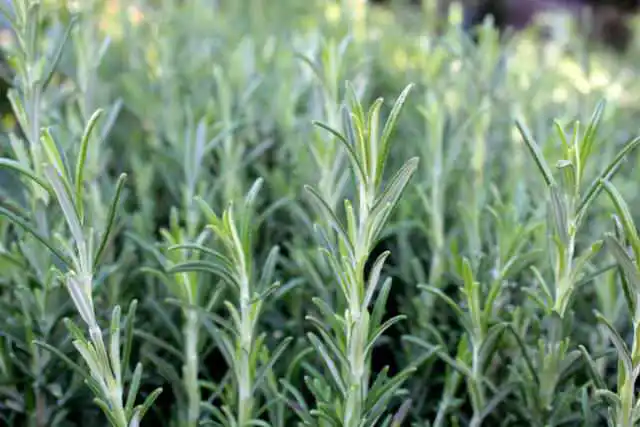Some herbs thrive when started indoors and then transplanted, while others prefer to begin their life cycle directly in the soil where they’ll grow.
Transplanting Herbs
Some herbs grow best when started indoors because they need warm, steady conditions to sprout and develop well.
By transplanting them later, you give these herbs a strong start, making sure they’re healthy and ready to handle outdoor challenges like changing temperatures and pests.
This post may contain affiliate links. Please see my disclosure policies. If you purchase after clicking an affiliate link we may receive small commission at no cost to you. As an Amazon Associate I earn from qualifying purchases.
Best Herbs to Transplant
Herbs that do best as transplants include:
Basil
Basil, for instance, is very sensitive to cold and benefits greatly from being transplanted once the weather warms up.
In Phoenix, once established basil is pretty resilient. Cover during frost periods in warm climates and this traditionally annual herb will be a perennial in your garden.
Basil seeds can be purchased at your local nursery, home improvement store or you can purchase basil seeds online.
Oregano
Oregano seeds are tiny and can take a while to germinate. Giving them a head start indoors in a controlled environment helps them grow strong and healthy roots. Once established this perennial is hardy. Oregano seeds can be purchased at your local nursery, home improvement store or you can purchase oregano seeds online.

Parsley
Parsley has a long germination period, so starting it indoors speeds up the process and ensures a more continuous harvest. They like cooler weather, so this is best to grow about 8 weeks before the last frost, so it is ready to plant in the ground. My parsley will overtake the garden if I let it. Parsley seeds can be purchased at your local nursery, home improvement store or you can purchase parsley seeds online.
Rosemary, Sage, & Thyme
Rosemary, sage, and thyme are slow-growing and need time to develop before they can thrive in the garden. These are great herbs to start indoors or purchase as starter plants rather than direct sow in the garden.
I purchased creeping thyme and creeping rosemary, so they trail outside my garden bed. The transplanted sage was planted outside from a 4″ pot and now takes about a 2 foot by 2 foot area in my garden. It spread quickly and has pretty purple flowers.
Rosemary, sage and thyme seeds can be purchased at your local nursery, home improvement store or you can purchase seeds online.
Transplanting these herbs also allows you to better control their growing conditions, such as light, temperature, and moisture, during their early stages. This results in healthier, more vigorous plants that can better withstand outdoor conditions.
Once transplanted, these herbs quickly establish themselves and produce abundant, flavorful harvests throughout the growing season.
- Direct Sow or Transplant Which is Best?
- Herbs for Direct Sow


